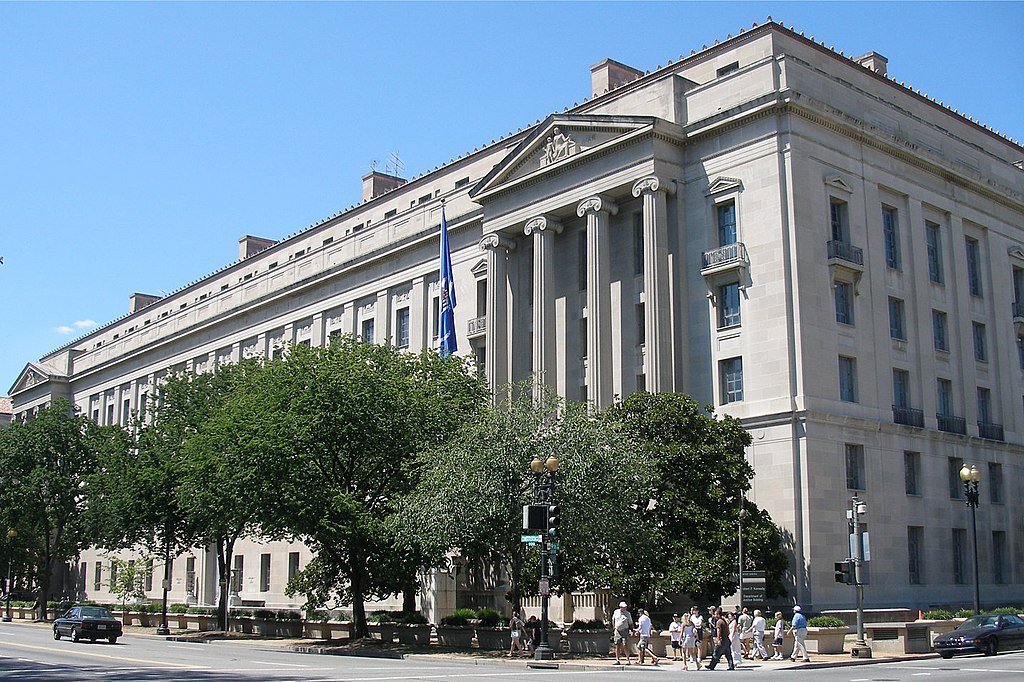
A new journalist surveillance scandal coming out of the Department of Justice drives home the need for a strong journalist shield law, but it’s worth taking a look at how the media guidelines work under the status quo. We’ve repeatedly argued that legislation is necessary to resolve questions about when those guidelines apply and to provide accountability in case of violations. So, what kind of accountability is there now?
One only needs to look at the DOJ's own legal filings to see that journalists have little recourse if the department decides to violate its own rules against surveilling reporters. One such example is the ongoing litigation over a warrant and FBI raid of the houses of several members of the right-wing group Project Veritas.
A government raid on a group engaging in journalistic activities — even a controversial group, even one many have accused of serious misrepresentations — requires significant evidence to not constitute a press freedom violation. (We have to speak with conditionals here because the government has thus far refused to unseal its search warrant application and related materials. Reporters Committee for Freedom of the Press originally filed for those documents to be unsealed, and ACLU has recently joined those efforts.)
Get Notified. Take Action.
Threats to press freedom around the world are at an all-time high. Sign up to stay up to date and take action to protect journalists and whistleblowers everywhere.
Email:
We have been arguing similarly for months: Unless and until the Department of Justice provides evidence that Project Veritas was directly involved in a crime, its raid runs up against the spirit of its own guidelines intended to protect press freedom (and the Privacy Protection Act).
So, what do those guidelines do in practice? As litigation over the warrant and the raid winds through the courts, the DOJ has offered a clear answer — not much. Earlier this month, the DOJ filed a brief citing a series of cases for the “well-settled” proposition that the media guidelines specifically and the Justice Manual more broadly are “not intended to, and [do] not, create any right or benefit, substantive or procedural, enforceable at law or in equity by any party against the United States, its departments, agencies, or entities, its officers, employees, or agents, or any other person.” Moreover, the media guidelines in the Justice Manual do not “create any rights, substantive or procedural, enforceable at law by any party in any matter, civil or criminal.”
In other words, if the DOJ decides to break its own guidelines and spy on a journalist, the journalist has no legal right under those guidelines to protest.
We raise these points not to quibble with the DOJ’s interpretation of the relevant regulations, but to underscore the need for real legislation. If the Department of Justice’s policies do not create any enforceable rights to support that position, Congress must do so. And the DOJ can follow through on its promise to support a strong federal shield law by throwing its weight behind Sen. Ron Wyden’s PRESS Act. If they don’t, their promises on press freedom are just empty rhetoric.
